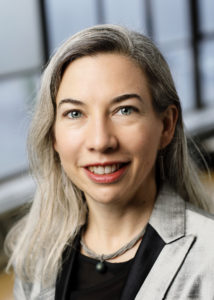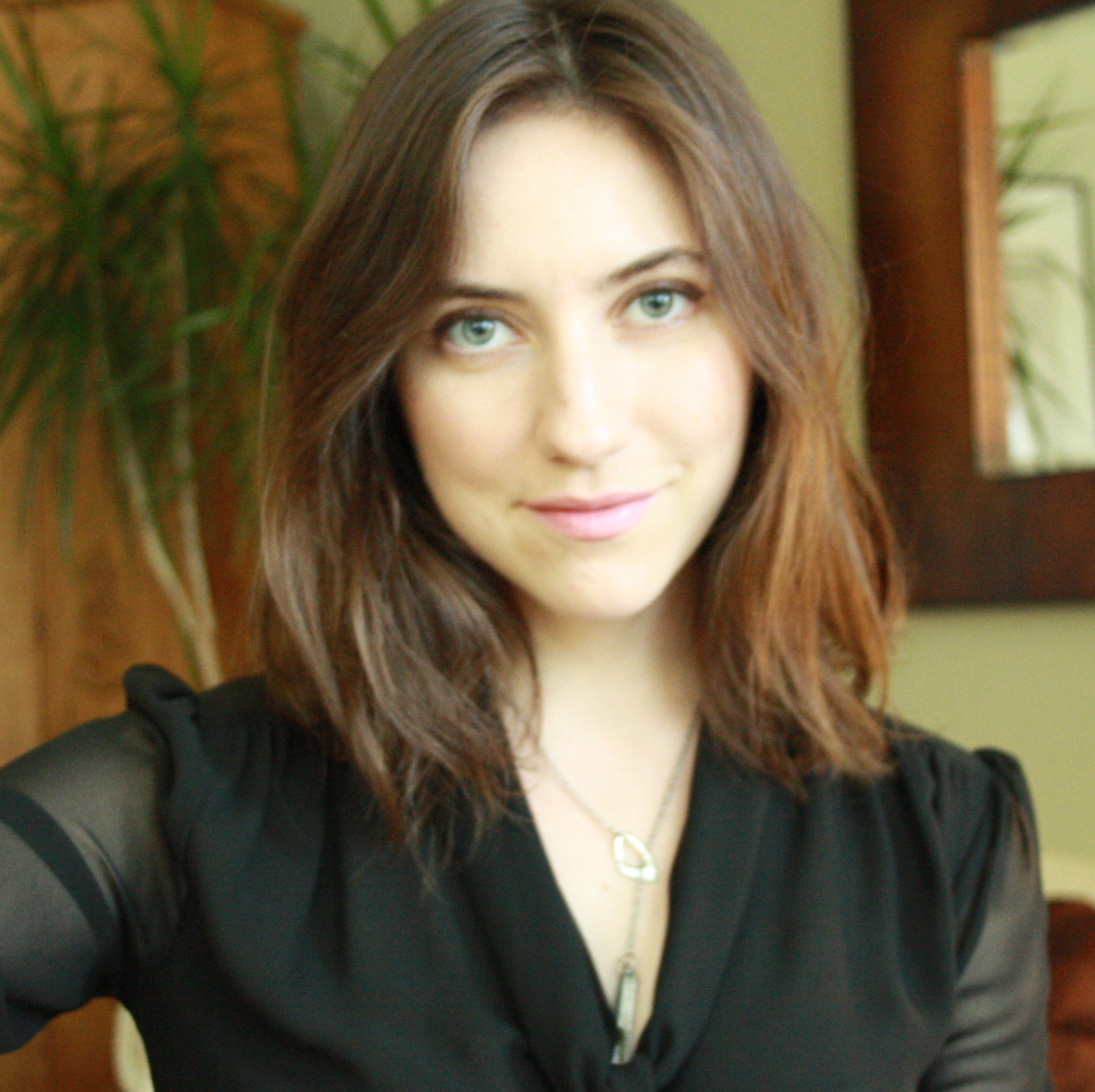This conversation will bring together reflections on Western esotericism, the occult, Wicca, Paganism and related practices, with particular focus on how these traditions intersect with visual art and media. Elizabeth “Libby” Otto is an art and cultural historian whose recent research centers on the surprising trajectories of the Bauhaus school's engagement with occult spirituality, gender fluidity, queer identities, and radical politics. Sharday Mosurinjohn studies the discursive construction of spirituality, "new religious movements" and religion and/as media. FASTWURMS is the joint authorship of Kim Kozzi and Dai Skuse, who use participatory, collaborative art-making methods to explore social and ecological questions, drawing upon a “witch culture” based on the values of wealth-as-biodiversity, animals-as-familiars, mutualism, reciprocity and freedom of choice.
Speakers:
FASTWÜRMS, #FYR3_W04D
Formed in 1979, FASTWURMS is the cultural project, trademark, and shared authorship of Kim Kozzi and Dai Skuse.
FASTWURMS creates poly-disciplinary artworks that mix performance and performative events into the context of immersive installations, collective making and social exchange projects.
FASTWURMS artwork is characterized by a determined DIY sensibility, Witch Nation identity politics, and a keen allegiance towards working class, queer alliance, and artist collaborations.
FASTWURMS is a Witch polity and epistemology, creating and circulating aesthetic knowledge as a shared emancipation and liberation narrative.
Sharday Mosurinjohn, "The Queer Material of The Satanic Temple’s Baphomet"
Sharday Mosurinjohn is Assistant Professor in the School of Religion at Queen’s University, Kingston, Ontario. She is a philosopher of religion with a focus on the phenomenology and ontology of new media as well as esoteric aesthetics. She has published several articles on New Religious Movements, contemporary spirituality, and so-called “cults.” She currently holds a New Frontiers in Research Fund grant and is embarking on a study of existential, social, and political concerns regarding an AI diagnostic tool called the “digital cancer twin.” Mosurinjohn’s forthcoming book with McGill-Queen’s University Press is about boredom in the age of information technology. The Spiritual Crisis of Overload Boredom has been praised by reviewers as an “original,” “exciting,” and “bold” intervention for the present computational condition, unsettling the framing of existing work around technological modernity and its discontents. Mosurinjohn is a founding member of the Human Augmentation Research Network (Center for Religion and the Human, Indiana University), an Assistant Editor for the Nonreligion and Secularity Research Network, and recently completed a term as an executive member of the Canadian Society for the Study of Religion.
Libby Otto, "Bauhaus Spirits"
Elizabeth Otto is an art historian and the author of Haunted Bauhaus: Occult Spirituality, Gender Fluidity, Queer Identities, and Radical Politics (MIT Press, 2019) and Tempo, Tempo! The Bauhaus Photomontages of Marianne Brandt (Bauhaus-Archiv/Jovis, 2005), and the coauthor of Bauhaus Women: A Global Perspective (Bloomsbury, 2019). She has coedited five books including Bauhaus Bodies: Gender, Sexuality, and Body Culture in Modernism's Legendary Art School (Bloomsbury, 2019). Otto is Professor of modern and contemporary art history at the University at Buffalo, State University of New York. She began her graduate training as an MA student in History of Art at Queen’s University in 1997, and received her doctorate from the University of Michigan in 2003. Her work has been supported by numerous organizations including the Alexander von Humboldt Foundation, the Center for Advanced Study in the Visual Arts, and the National Humanities Center. During the 2021–22 academic year, she will be working on her next book, Bauhaus Under National Socialism, as a fellow at the Getty Research Center in Los Angeles.


